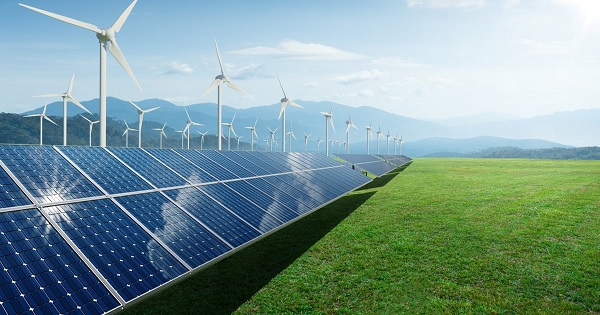
Renewable energy development in Malaysia has gained significant traction in recent years, spurred by the government's commitment to diversify the country's energy mix and mitigate environmental impacts. Traditionally reliant on fossil fuels, particularly natural gas and coal, Malaysia has recognized the importance of transitioning towards cleaner and more sustainable energy sources.
One of the key initiatives driving renewable energy growth in Malaysia is the Feed-in Tariff (FiT) program, introduced in 2011. This program incentivizes investment in renewable energy generation by offering long-term fixed tariffs for electricity produced from renewable sources. It covers various renewable energy technologies, including solar photovoltaic (PV), biomass, biogas, small hydro, and geothermal.
Solar PV has emerged as a particularly promising renewable energy source in Malaysia, owing to the country's abundant sunlight and favorable regulatory environment. Large-scale solar PV installations, as well as rooftop solar initiatives for residential, commercial, and industrial buildings, have proliferated across the country.
Additionally, Malaysia boasts abundant biomass resources, such as palm oil residues, rice husks, and wood waste, which can be utilized for power generation. Biomass and biogas power plants have been developed to harness these resources, providing renewable energy while addressing waste management and environmental concerns.
While Malaysia's hydropower potential is relatively limited compared to other countries in the region, small-scale hydropower projects are being developed in rural areas and remote communities. These projects contribute to rural electrification efforts and support sustainable development goals.
Although wind energy development is still in its nascent stage in Malaysia, there is growing interest in exploring offshore wind farms and harnessing wind resources in coastal regions and offshore areas.
The Malaysian government actively promotes investment in renewable energy projects through incentives, tax breaks, and partnerships with the private sector. Domestic and international companies, as well as government-linked corporations (GLCs), are involved in renewable energy development, driving innovation and technological advancement in the sector.
Despite progress in renewable energy deployment, Malaysia faces challenges such as grid integration, regulatory hurdles, land constraints, and technical barriers. Addressing these challenges requires concerted efforts from policymakers, industry stakeholders, and academia.
Overall, renewable energy holds immense potential for Malaysia to achieve its energy security goals, reduce greenhouse gas emissions, create job opportunities, and stimulate economic growth. By leveraging its abundant renewable energy resources and fostering a supportive policy environment, Malaysia can chart a sustainable path towards a cleaner and more resilient energy future.